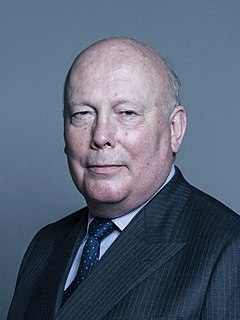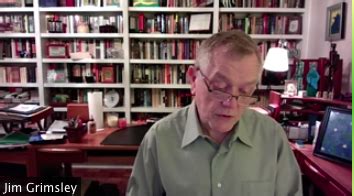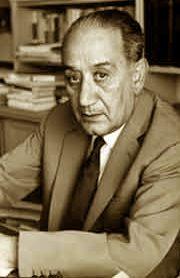A Quote by Imre Kertesz
Writing changed my life. It has an existential dimension, and that's the same for every writer. Every artist has a moment of awakening, of happening upon an idea that grabs hold of you, regardless of whether you are a painter or a writer.
Related Quotes
One of the most useful parts of my education as a writer was the practice of reading a writer straight through - every book the writer published, in chronological order, to see how the writer changed over time, and to see how the writer's idea of his or her project changed over time, and to see all the writer tried and accomplished or failed to accomplish.
I'm an old guy, and I was protesting during the Vietnam War. We killed fifty Asians for every loyal American. Every artist worth a damn in this country was terribly opposed to that war, finally, when it became evident what a fiasco and meaningless butchery it was. We formed sort of a laser beam of protest. Every painter, every writer, every stand-up comedian, every composer, every novelist, every poet aimed in the same direction. Afterwards, the power of this incredible new weapon dissipated.
I dare to imagine a country where every child I hold in my hands, are all God's children, regardless of the color of their skin, regardless of whether they're boy or girl, regardless of religion, regardless of rich or poor, that every child I hold in my hands, will have the same chance to reach her full potential or his full potential. That is the goodness of our country. That is the essence of the American dream.
What caricature is in painting, burlesque is in writing; and in the same manner the comic writer and painter correlate to each other; as in the former, the painter seems to have the advantage, so it is in the latter infinitely on the side of the writer. For the monstrous is much easier to paint than describe, and the ridiculous to describe than paint.
The characters created cannot just be a mouthpiece for the writer. When you look at a piece of writing, and it's genuine and it doesn't feel like every character is just a mouthpiece for the writer, but that they've been created in such a way that they're expressing an idea that a writer wants to get across, that's when a story succeeds.
If you're going to be a writer you should sit down and write in the morning, and keep it up all day, every day. Charles Bukowski, no matter how drunk he got the night before or no matter how hungover he was, the next morning he was at his typewriter. Every morning. Holidays, too. He'd have a bottle of whiskey with him to wake up with, and that's what he believed. That's the way you became a writer: by writing. When you weren't writing, you weren't a writer.
As every writer knows... there is something mysterious about the writer's ability, on any given day, to write. When the juices are flowing, or the writer is 'hot', an invisible wall seems to fall away, and the writer moves easily and surely from one kind of reality to another... Every writer has experienced at least moments of this strange, magical state. Reading student fiction one can spot at once where the power turns on and where it turns off, where the writer writes from 'inspiration' or deep, flowing vision, and where he had to struggle along on mere intellect.


































